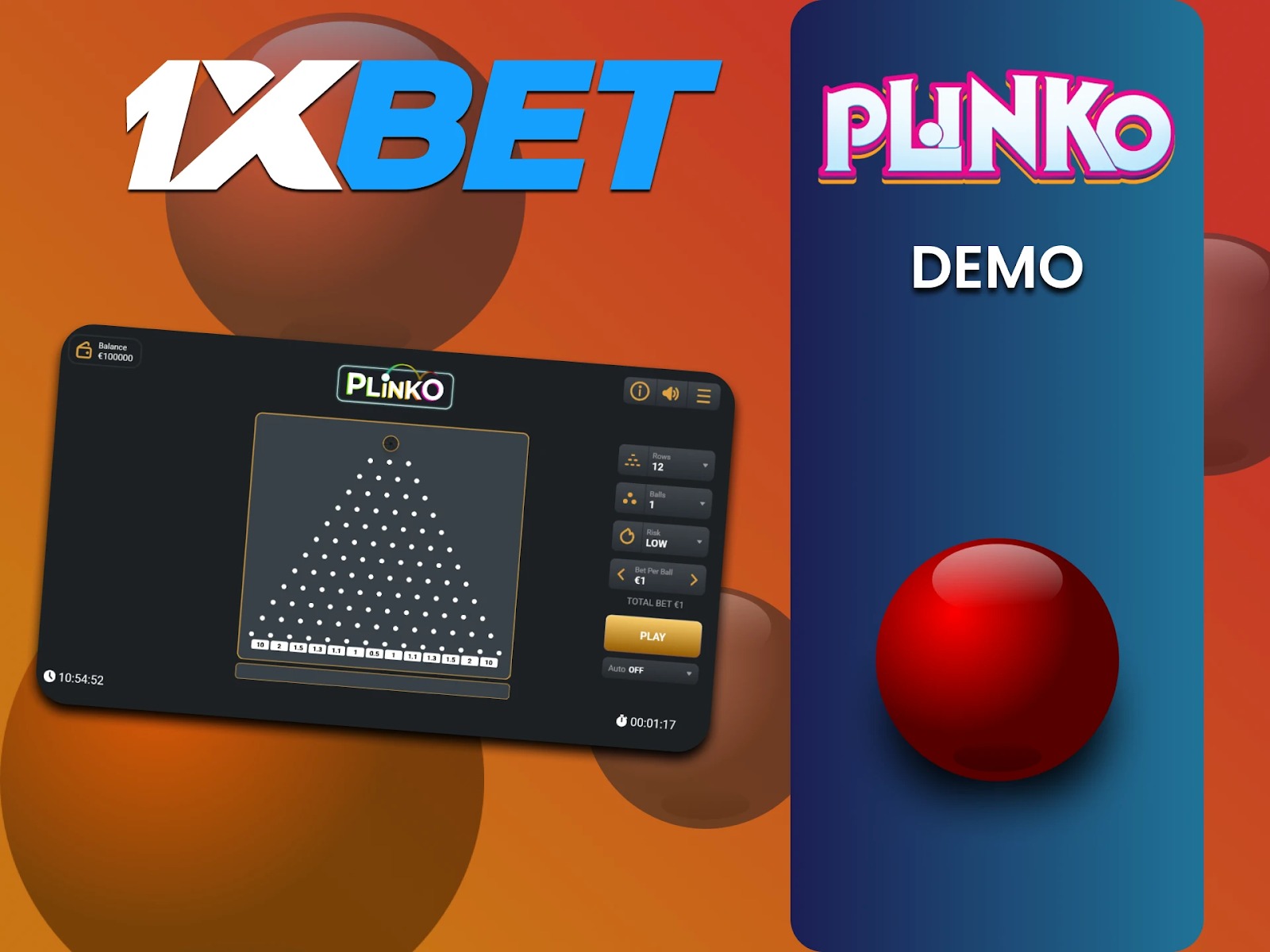Artificial intelligence is no longer just a feature within video games—it’s now a powerful force shaping how games are developed, personalized, and played. From smarter NPCs to procedural world-building, AI is revolutionizing the gaming industry at every level. Here's how AI is changing game design forever.
Gone are the days of predictable enemy patterns. AI allows non-playable characters (NPCs) to behave more intelligently and dynamically, adapting to player actions in real time.
Then: Scripted movements and fixed dialogue
Now: NPCs that learn, plan, and react with lifelike behavior
Result: More immersive and challenging gameplay experiences.
AI enables the automatic creation of vast, diverse, and unpredictable worlds, saving developers time and increasing replay value.
Used In: Games like Minecraft, No Man’s Sky, and Rogue Legacy
Benefits: Unique levels, terrains, and challenges with every playthrough
Result: Infinite exploration with minimal manual design.
AI can analyze player behavior to deliver customized experiences, such as adjusting difficulty, suggesting quests, or tailoring story arcs.
Example: Games that adapt to whether a player is aggressive or stealthy
Benefits: Keeps players engaged by matching their playstyle
Result: A truly personal and engaging gameplay journey.
AI-powered bots can simulate millions of gameplay scenarios, helping developers find bugs and balance issues more efficiently than manual testing.
Faster Development: Cuts testing time dramatically
Higher Quality: Fewer glitches at launch
Result: More polished games with shorter production cycles.
AI tools can assist with coding, animation, and asset creation, allowing small teams to produce high-quality games faster.
Used For: Auto-generating textures, animations, voiceovers, and even scripts
Examples: Tools like Unity ML-Agents, NVIDIA Omniverse, and GPT-based narrative assistants
Result: Democratizes game development and boosts creativity.
Thanks to natural language processing (NLP), AI can power dynamic conversations that evolve based on player choices.
Instead of: Repetitive lines from NPCs
You get: Fluid, branching dialogues powered by models like GPT
Result: Deeper storytelling and player immersion.
AI can help writers build adaptive storylines that shift based on player behavior and decision-making patterns.
Branching narratives can now be more complex and coherent
Story pacing can adjust in real-time based on emotional tone
Result: Games feel more alive, with stories that evolve organically.
AI helps detect cheating, toxic behavior, and harassment in real-time, keeping multiplayer environments safe and fair.
Applications: Auto-moderation tools, chat filters, behavior prediction
Platforms: Used in games like League of Legends, Valorant, and Overwatch
Result: A healthier and more inclusive gaming community.
Looking ahead, AI is expected to:
Create fully autonomous game developers (AI designing entire games)
Offer emotionally responsive characters
Enable real-time story evolution based on biometrics (like heartbeat or facial expression)
Bring VR and AR to new levels of realism and interactivity
AI is not just enhancing game design—it’s redefining it. From creation to gameplay to post-launch support, artificial intelligence is making games smarter, more immersive, and endlessly replayable. As the technology evolves, the line between player and game will blur even further—opening up a future where no two playthroughs are ever the same.
The game is changing—and AI holds the controller.




Want to add a comment?